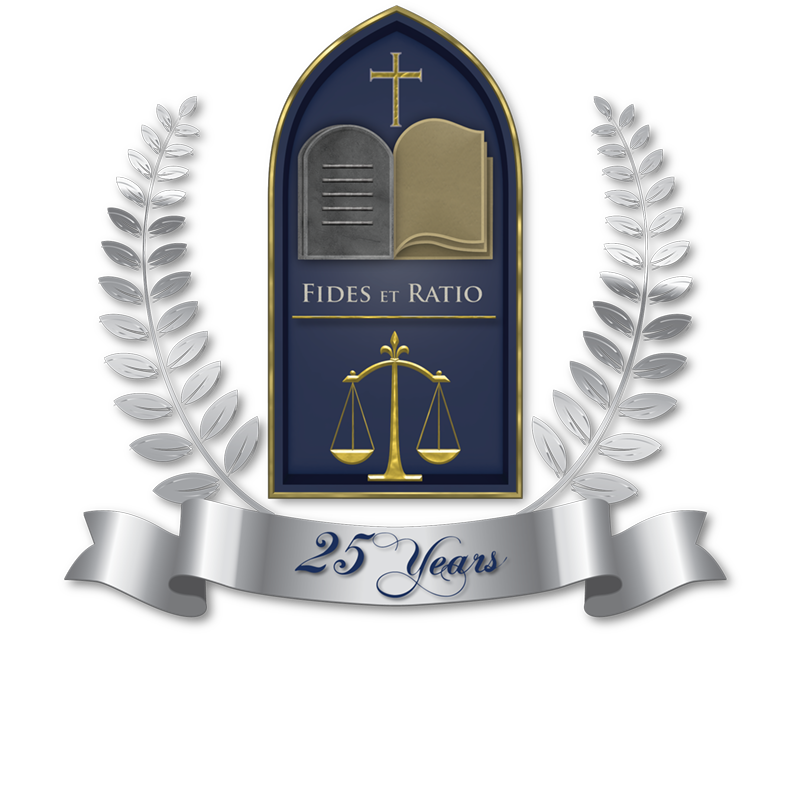AI for Lawyers

By Rebekah Miller
Faculty Liaisons Librarian
Veterans Memorial Law Library
Ave Maria School of Law
Artificial Intelligence is already part of our daily lives, whether we recognize it or not. Lawyering is no exception. Platforms like Westlaw and LexisNexis have already incorporated AI into their products, and there are new tools for attorneys utilizing AI popping up on the market. In an article titled “AI for Law-yers: Tools for Law Firms,” Clio listed out several up-and-coming AI tools for lawyers. These tools can be hugely beneficial to any law firm if utilized correctly. Amongst many potential benefits, the article lists: “boost productivity . . . saves time . . . produces higher quality work . . . improves client experiences.” While “AI will never replace the judgment and experience of lawyers,” it can be utilized “to quickly sift and analyze big data, automate routine tasks, and produce high-quality work, which enables lawyers to focus on what matters most: their clients.” The article goes on to discuss nine AI tools that lawyers can utilize in their firms.
Casetext: This is a legal research platform that incorporated AI as it evolved to help attorneys utilize the database to “provide higher-quality representation to more clients, enhance efficiency and accuracy, and gain a competitive advantage.”
CoCounsel: an AI tool powered by OpenAI and Casetext that acts as a “knowledgeable, reliable, and secure” legal assistant. This tool is different from other AI language models because it was specifically trained for legal practice, “tailored to lawyers’ needs and reliable and secure enough to meet the highest bar.”
Harvey AI: this tool uses both “natural language processing and machine learning” for legal research. It utilizes Open.AI’s GPT and incorporates “general legal data (like case law) and a law firm’s own work products and templates to specifically support legal work.”
Blue J L&E: this tool “is designed to streamline legal research and analysis, helping lawyers predict the outcomes of legal cases and analyze complex legal issues. . . . [it] identifies similar decisions based on things like factors and outcomes, instead of keywords, for fast and more-accurate research and analysis.”
ChatGPT: “an AI-powered chatbot from OpenAI that responds to open-ended text queries with paragraphs of text-written answers.” It can be utilized to “create legal documents . . . conduct legal research, and so much more.” Caution: Use this tool with care and always confirm the data is correct before submitting it to the court.
Diligen: this tool makes the review of contracts more efficient by enabling you to “conduct due diligence . . . for specific clauses, provisions, or changes and quickly output a convenient summary.”
Auto-GPT: Launched March 2023, this tool “uses OpenAI’s text-generating AI models . . . paired with a companion bot to respond to queries and ‘think through’ complex tasks ‘autonomously.’” This tool could hypothetically “assist lawyers with creating their legal strategy in response to a lawyer providing a specific ‘goal.’”
Smith.ai: this is a virtual [human] receptionist “to answer calls for lawyers and law firms . . . [that] uses AI with its chatbot features and when deciding how to log and route calls.”
Gideon: this “is a client intake and document automation tool that learns how to answer prospect questions and qualify leads effectively for a more effective intake process.”
The article continues by listing considerations when choosing an AI tool for your law firm, including “evaluate security . . . identify the specific needs of your firm . . . consider the user interface and ease of use . . . does it come with integrations . . . consider the vendor’s reputation and support . . .[and] is it AI hype.” Each of these facets has varying degrees of importance in the running of a successful law firm, and the size of your firm along with trajectory, area of practice, and more will factor into your decisions. Above all else, remember that AI is a useful tool for lawyers, but not a replacement for your own brain or your fellow attorneys, paralegals, etc. Just like other tools available to attorneys, AI-powered tools can elevate your practice, or hinder it depending on what you choose and how you utilize it. As you prepare to enter legal practice, consider the AI tools available, research them thoroughly, and choose the ones best for your practice.
To read the full article from Clio, visit this website: https://www.clio.com/resources/ai-for-lawyers/ai-tools-for-lawyers/




